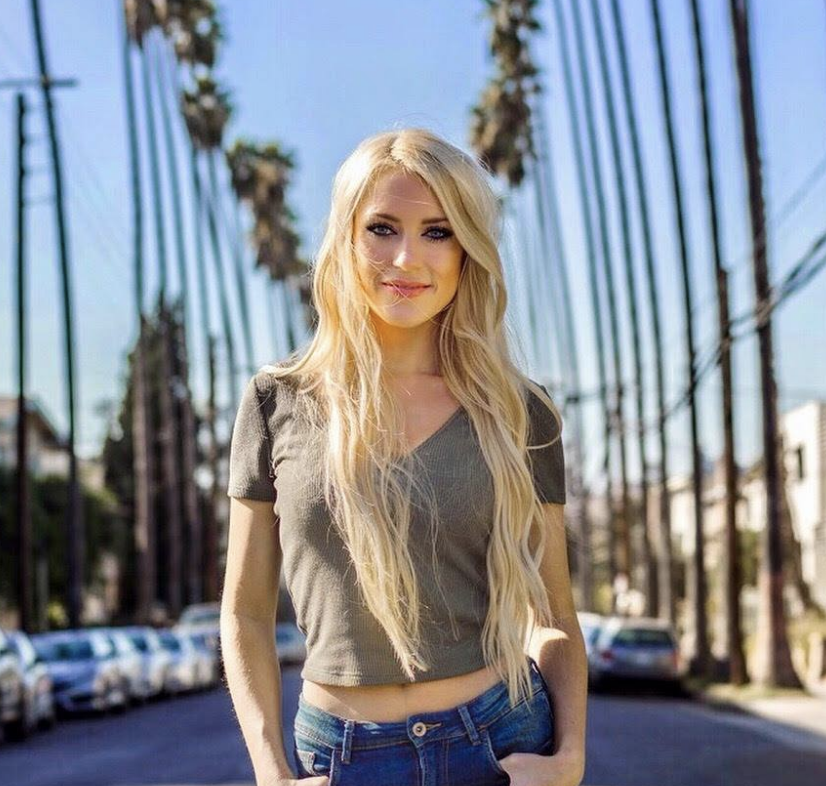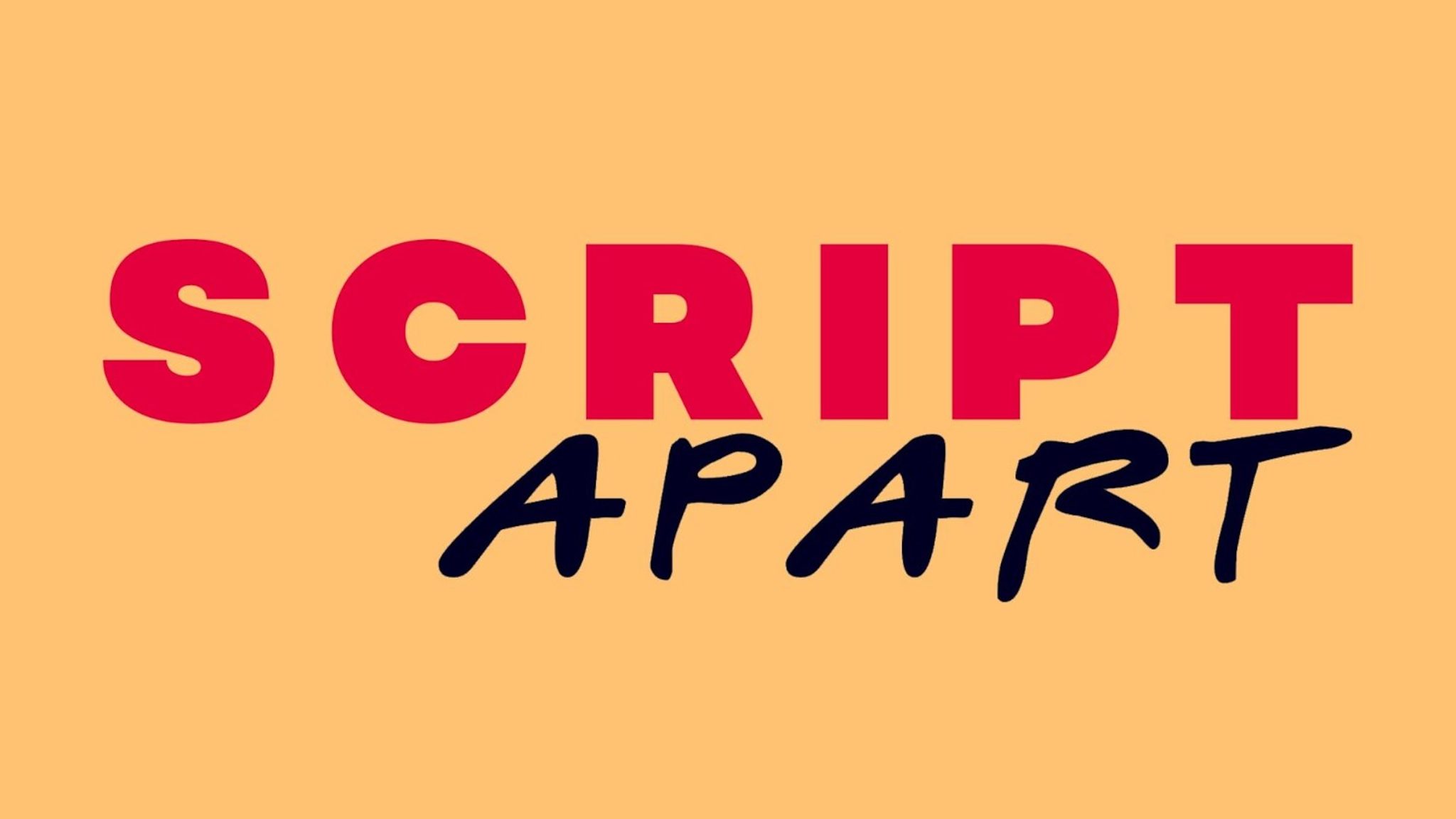9 Screenwriting Lessons from the Creator of GOOD GIRLS REVOLT

Dana Calvo has been a writer in Hollywood for the past dozen years. After transitioning from her role as a full-time journalist, Calvo went on to write for such shows as Studio 60 on the Sunset Strip, Franklin & Bash, Narcos, and most recently, Good Girls Revolt, which she created.
A resident of Los Angeles, Calvo took time out of her busy schedule to speak with Aaron Tracy on his podcast, To Live & Dialogue in LA, which he hosts from Yale University’s campus. Calvo offered pearls of wisdom garnered over her decade-plus career as a screenwriter and showrunner, from the best time to write to some very honest feelings about the outlining process. Here are 9 screenwriting lessons from the conversation.
1. Write First Thing In The Morning
For Calvo, “the early bird gets the worm” isn’t just an overused saying, it’s the truth. Speaking to Tracy at 9 am PT, the writer admits she’s already been up for a few hours prior to jumping on the phone. “These early morning hours for me are great,” she says. “The rest of the day is editing, memorizing pitches, research, but the real writing… I want to use that fresh morning brain to do writing.”
2. Before Diving In, Reread Yesterday’s Work
To get yourself in the mindset of your story and to align your tone with what you’ve already written, Calvo suggests rereading the previous day’s work before adding more words to that Final Draft doc. “It has to pass the overnight test, so I’ll read it again in the morning,” she says, admitting: “It’s unbelievable how much I throw out.”
But this is why, according to the showrunner, it’s essential to read through yesterday’s work with a discerning eye. For Calvo, it saves her a heavier edit when the first draft is complete.
3. Outlining Is Tough, But Often Necessary
Calvo is the first to admit that outlining a script is hard — like really, really, excruciatingly hard. “I have such a love/hate relationship with them,” she says. “They are so difficult for me, and yet, so helpful.”
The writer says that while writing scenes of dialogue is the most fun part of her process, outlining is the hardest to get through. “They are really hard, but they don’t allow me to fake it.”
See? Even successful seasoned pros hate the outlining process.
4. Don’t Be Afraid Of Research
One of the things Calvo loved about working with Aaron Sorkin on Studio 60 on the Sunset Strip was the show creator’s love of research. As a journalist, Calvo quickly bonded with Sorkin, who shared her affinity for accurately capturing characters and their motives via research.
“I had come form 11 years in a newsroom as a journalist, and one of the things that felt so familiar and reassuring was that he was all about research. It was music to my ears,” she says. “He would say, ‘Go back and research this and find me the best arguments for both sides.’”
5. Don't Be Afraid To Crowdsource
Currently, Calvo is working on an outline for a studio that involves New Mexico legislature. But as Calvo admits: “I don’t know jackshit about New Mexico legislature.”
Luckily, her background in journalism came in handy. She could only uncover so much of the information she needed online, so she got creative. “Sometimes I’ll call a University. Yesterday I put up a crowdsourcing, ‘Hey Facebook friends,’ post. In about fifteen minutes I had about three sources, it was amazing.”
6. Don’t Overlook Scene Descriptions
Though dialogue is the one thing that will be most noticeably translated from script to screen, creating compelling scene descriptions is equally as important, according to Calvo. After she’s completed her first draft, she will ask herself a simple question: “Have I painted those scenes so that it’s an interesting read for the executive?”
If she hasn’t, she’ll take another — or several more — stabs at writing something enticing. “If you can slow down the read, make them savor it and enjoy it, you’re helping your script out,” she says.
7. Avoid Going On Social Media While Writing
There’s more than one reason Calvo avoids going on Twitter while she’s writing. Sure, it’s an obvious distraction, but there’s more to it than that. “I’m suffering with Twitter right now. Donald Trump has made actually holding a job really challenging for me. I cannot boot up Twitter on my laptop. I have to sequester it to my phone only,” she says, noting that she leaves her phone downstairs, far away from her home office.
Even so, Calvo sheepishly says, “I’d be lying if I said I didn’t come downstairs every 45 minutes to an hour to grab more coffee… and I might lose 15 minutes on Twitter.”
8. Give Yourself Productive — And Active — Breaks
When writer’s block strikes, or when you just need to move your legs or get out of the house for a beat, Calvo has a productive solution. “I’ll write for two or three hours then I’ll take my dog on a hike or a loop around the Silverlake Reservoir out in LA,” she says. “I’ll come back sweaty and covered in dirt from the dog park, but I’ll finish writing. It puts me away from the screen for a little bit.”
And considering writing is an often stationary career, a bit of physical activity never hurts.
9. Read As Much As You Write
Though her screenwriting resume is extensive, Calvo always makes time to read. To her, it is paramount to success.
“In my twenties, I didn’t own a television, which I know sounds like some pretentious bullshit, but I just didn’t. I would read The New Yorker cover to cover every week, and I read books nonstop. One of the things I did in my twenties which I still do is read biographies,” she says. And there’s a specific reason for this: “You cannot make up the real stuff the universe serves up. People’s lives are amazing. Biography motivates character… those origin stories, those childhood moments… that’s the nectar of a character.”
And so, with these 9 pearls in tow, the time to start writing is now.
Listen to the full interview below:
 Anna is an editor and screenwriter. She previously worked at Bustle as an Entertainment Editor, as well as Newsweek, The Daily Beast, and BuzzFeed.
Anna is an editor and screenwriter. She previously worked at Bustle as an Entertainment Editor, as well as Newsweek, The Daily Beast, and BuzzFeed.
For all the latest ScreenCraft news and updates, follow us on Twitter, Facebook, and Instagram.
Tags
Get Our Screenwriting Newsletter!
Get weekly writing inspiration delivered to your inbox - including industry news, popular articles, and more!



























